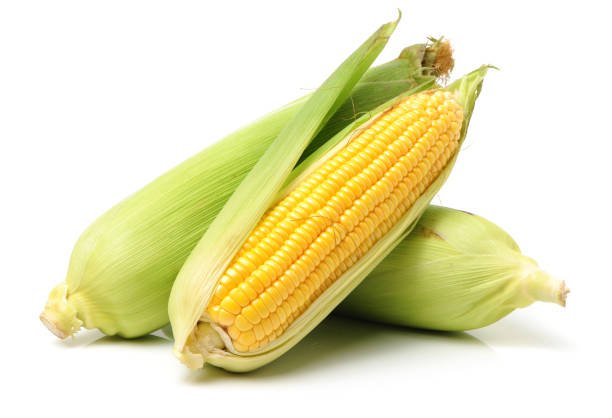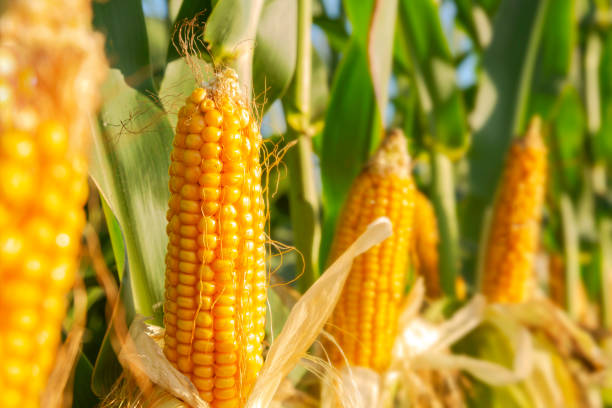Maize, also known as corn, is a staple crop that is widely cultivated and consumed around the world. It is a versatile grain that can be used in a variety of dishes, including tortillas, polenta, and popcorn. But what exactly is the nutritional value of maize, and is it healthy for you?
One of the most significant nutritional benefits of maize is its high carbohydrate content. Carbohydrates are an essential source of energy for the body and provide the fuel needed for physical activity and other bodily functions. A 100-gram serving of maize contains approximately 85 grams of carbohydrates.
Maize is also a good source of dietary fiber. Fiber is important for maintaining a healthy digestive system and can help lower cholesterol levels. A 100-gram serving of maize contains approximately 3 grams of dietary fiber.
Maize is also a good source of vitamins and minerals. It is particularly high in vitamin B3, also known as niacin, which is essential for maintaining healthy skin, nerves, and digestion. Maize is also a good source of vitamin B6, which is important for maintaining healthy brain function, and vitamin C which is important for maintaining healthy skin, teeth, and gums. Additionally, it is a good source of minerals such as potassium, magnesium, and zinc.
Despite its many nutritional benefits, maize is not without its drawbacks. One of the main concerns with consuming large amounts of maize is its high glycemic index. The glycemic index is a measure of how quickly a food raises blood sugar levels. Foods with a high glycemic index, such as maize, can cause rapid spikes in blood sugar levels, which can be dangerous for people with diabetes or other blood sugar-related conditions. Additionally, maize is often genetically modified, and this could affect the nutritional content of the crop, and also has been linked to negative effects on the environment.
Another concern with maize is its high phytic acid content. Phytic acid is a naturally occurring compound found in many grains, including maize, that can inhibit the absorption of certain minerals, such as iron and zinc. This can be especially problematic for people who are already at risk of mineral deficiencies.
In conclusion, maize is a nutritious grain that is a good source of carbohydrates, fiber, vitamins, and minerals. However, it is also high in glycemic index and phytic acid, which can be problematic for some people. It is therefore recommended that people consume maize in moderation and balance it with other healthy foods in order to obtain the best nutritional benefits. It is also important to choose organic, non-GMO varieties whenever possible.

 Home
Home Health
Health Diet & Nutrition
Diet & Nutrition Living Well
Living Well More
More












